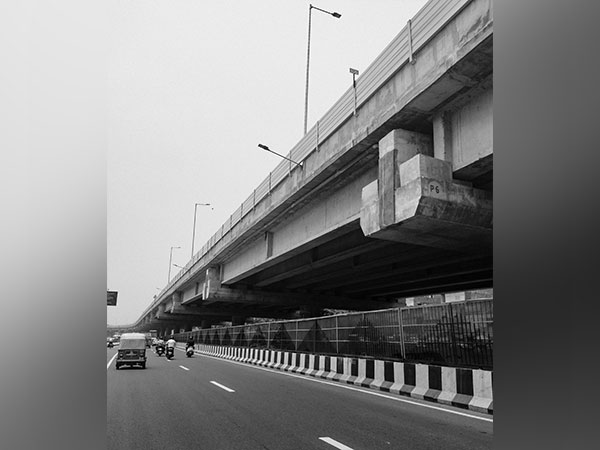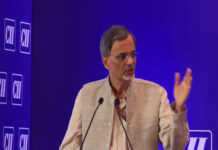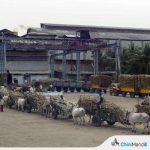New Delhi [India]: India’s manufacturing landscape is undergoing a significant transformation, fueled by robust infrastructure development and supportive government policies, as revealed in a recent report by Cushman & Wakefield named Elevating India’s Manufacturing Resilience: Charting the Path to Self-Reliance.
Based on a survey of 94 senior leaders conducted by Cushman & Wakefield across the manufacturing and logistics sectors, including CEOs, plant heads, and supply chain managers, the report highlights strong industry optimism.
Notably, 88 per cent of respondents plan to expand operations, driven by infrastructure projects like Bharatmala, Sagarmala, Dedicated Freight Corridors, and the National Industrial Corridor Development. Additionally, 95 per cent reported improved access to logistics, while 94 per cent of large enterprises credited infrastructure upgrades as central to their growth strategies.
“India’s manufacturing sector is undergoing a structural shift. Our findings indicate a strong alignment between infrastructure investment, policy clarity, and industry intent. According to our survey, 88 per cent of manufacturers are scaling up due to infrastructure-led confidence, and over 95 per cent report improved logistics access through government-backed programs,” said Gautam Saraf, Executive Managing Director, Mumbai & New Business, Cushman & Wakefield.
Policy initiatives like the Production Linked Incentive (PLI) scheme and the National Logistics Policy (NLP) are also shaping business decisions. Over 40 per cent cited these policies as having a significant impact, with MSMEs particularly benefiting from improved connectivity and ease of doing business, acknowledged by 77 per cent of all respondents.
Despite these advancements, critical challenges persist. High logistics costs, low warehousing capacity (0.2 sq. ft. per urban resident vs. 47.3 in the U.S.), minimal domestic value addition (17 per cent vs. China’s 25 per cent), and skill gaps, especially in MSMEs, threaten long-term competitiveness.
To address these, the report outlines a five-pronged strategy: plug-and-play industrial parks, multimodal logistics networks, skill development programs, MSME reform, and digital platforms for export facilitation. Plug-and-play parks–pre-approved and infrastructure-ready–are highlighted as transformative, with the Union Budget 2025-26 allocating ₹2,500 crore for 12 such parks.
With 81 per cent of companies planning to expand in the next two to three years and 70 per cent ready to move into Tier II and III cities, the report underscores the urgency of continued infrastructure investment. “India’s manufacturing is at an inflection point,” said Gautam Saraf, Executive Managing Director, Cushman & Wakefield. “The alignment of policy, infrastructure, and private sector intent offers a clear pathway to global competitiveness.” (ANI)

















